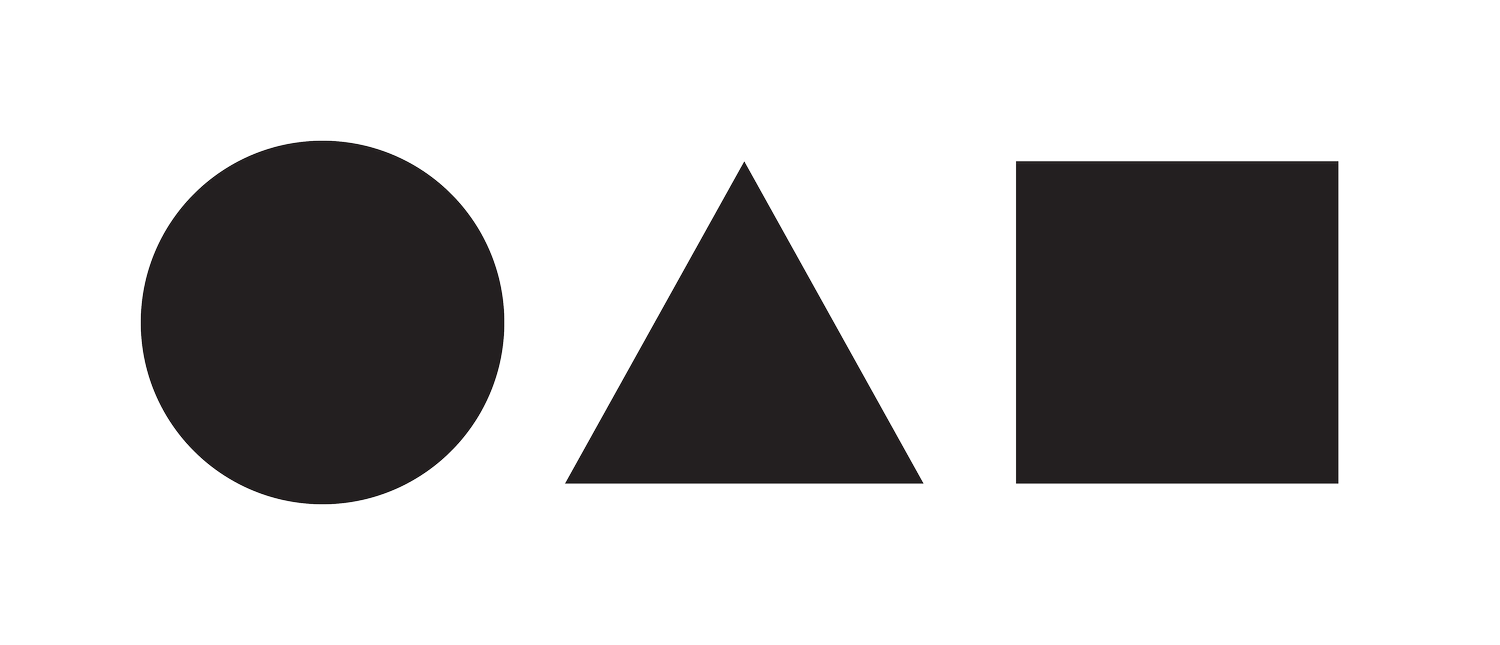Going Deeper: Three More Capacities for Growth
In my last blog post, we explored the power of shifting perspectives and how small changes in our mental models can expand how we see the world. I introduced four core capacities that allow for vertical development into wider frames of understanding:
Perspective Shifting
Self-Relating
Opposable Thinking
Sense Making
We dug into perspective shifting, but there are three more capacities equally worth understanding. Here we explore what each entails and why it matters.
Self-Relating: Observing Our Inner Landscape
Self-relating refers to consciously witnessing our own internal experiences – thoughts, feelings, emotions, stories, reactions. It's about zooming inward to better understand what drives our moment-to-moment responses.
When we lack strong self-relating skills, we act on autopilot without awareness of the inner dynamics colouring our emotions or decisions. We are swayed by knee-jerk judgments rather than responding intentionally. Well this is certainly what I notice when I do.
Self-observation helps us recognise patterns, manage fewer effective instincts, and expand our behavioural flexibility. We become able to better regulate reactions when stressed or triggered. We also gain motivation through self-insight. As we understand why we act in certain ways, we become more accountable to ourselves and can set better goals.
Opposable Thinking: Entertaining Contradictions
Opposable thinking involves the cognitive skill of seeing issues from multiple angles – especially opposing ones – without compromising our own viewpoints or values or sense of who we are.
It’s easy to default to binary positions: right or wrong, good or bad, my way or the highway. But the reality is far more complex. Holding space for contradictory explanations or diverse experiences is critical for unlocking deeper truth.
Strengthening opposable thinking muscles increases adaptability, allowing us to flex perspectives as situations change. We also become less emotionally fused to single lenses. This helps us better empathise with alternate standpoints when relating.
Sense Making: Linking Data into Meaning
Sense-making refers to how we gather information from events or interactions and synthesise it into meaning. Too often we rely on familiar explanatory patterns without examining them critically.
When sense-making capacities expand, we are able to link new data to see systemic connections. We also upgrade how we “chunk” or group concepts to form bigger pictures. This helps prevent oversimplifying complexity or overlooking critical nuances that need addressing.
Developed sense-making allows more possibilities and interrelationships to emerge from what we take in. We can form more sophisticated understanding to then make wiser choices aligned with long-term flourishing.
The Journey of Growth
While abbreviated definitions help capture these three capacities, there is so much more depth we could cover on the value of actively building each one.
The key is that growing them in balance prevents lopsided development. We need expanded perspectives AND critical self-insight AND flexibility in viewpoints AND enhanced meaning-making capabilities. Together they set the stage for new levels of freedom and empowerment.
If you feel you’ve hit ceilings in your personal or professional growth, examining these four capacities provides clues for unlocking your next tier of potential. But be patient with yourself – development is gradual, not instant. Focus on progress over perfection.
And if you’d like support in better understanding your current growth edges around these capacities, don’t hesitate to reach out. There is so much room for each of us to stretch into bigger mental frameworks that serve our goals. With some guidance, you'll be on your way to upgraded thinking and fresh horizons of impact.
Ellis, Karen and Boston, Richard - Authors of the book "Upgrade: Building your capacity for complexity" which covers the four capacities framework and provides practical ways to “upgrade’ (if that’s your propensity).
Dinwoodie, David - Leadership expert who talks about polarity thinking.
Martin, Roger - Canadian business leader who coined the term "Opposable Thinking" to refer to one of the four capacities.
Laske, Otto - Scholar who has written about dialectical thinking models.
Kegan, Robert - Developmental psychologist who put forth a constructive-developmental theory of adult development.
Amanda Livermore is the founder of LORE Consultancy Ltd. She is a Professional Certified Coach (PCC) with the International Coaching Federation (ICF), a trained mentor coach and a coach supervisor.
